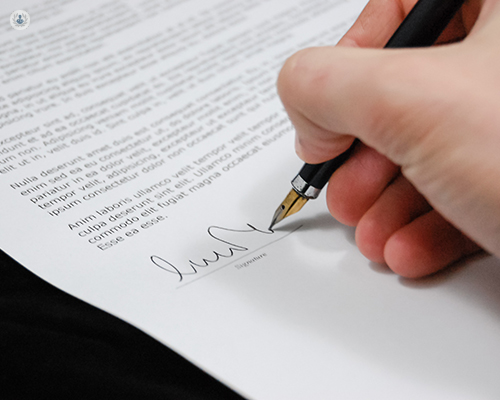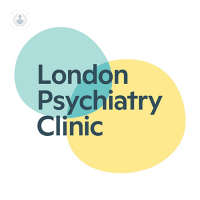Expert witness
What is an expert witness?
A medical expert witness is someone that has specialised or expert knowledge in a specific medical field that can benefit a case and assist a court or tribunal to come to a decision. An expert witness may need to carry out medical examinations and will need to provide an expert report that includes evidence, facts and their independent opinion on specific medical issues that arise in a case.
In addition, an expert witness may need to make appearances in a courtroom to explain theories, create models or visual aids and overall provide expert testimony before a court. The expert witness will need to break down the scientific or technical language or terminology so that the jury or anyone who isn’t trained in medicine can fully understand.

Types of medical expert witnesses
As there is a wide range of cases that appear before courts, there are a wide variety of experts that are needed to testify. Medical experts include doctors, nurses, surgeons, physiotherapists and any other fully trained medical professional.
In which type of court cases is an expert witness needed?
There is a wide range of cases where an expert’s opinion may be needed to aid in the court’s decision. This includes but is not limited to:
- Medical malpractice claims, including misdiagnosis, surgical errors, childbirth injuries or defects, anaesthesia errors, medication problems, etc.
- Personal injury claims, including accidents at work, physical or emotional suffering, any type of injury that wasn’t your fault, car accidents, etc.
- Sexual assault and abuse claims, including sexual harassment, domestic abuse, etc.
- Addiction evaluations, which can determine the necessary treatment
- Determining the cause of death, which includes a post-mortem examination
For example, a medical specialist may shed light on the nature and extent of injuries suffered by the victim in a domestic abuse claim. This is usually communicated through an expert report.
What does the expert report consist of?
An expert report sets out the expert’s opinion on the dispute at hand. The ultimate use of this report is to inform the courtroom on issues outside of its expertise and therefore aid in resolving disputes.
The report is typically a concise statement containing their analysis, medical facts and followed by their opinion and complies with all legal requirements.
As the report may deal with complex scientific situations, they will need to be written in a way that can be intelligible by the layperson. Medical jargon should be avoided.
What is expected of an expert witness?
An expert witness should be independent, objective and unbiased. They should have the following qualities:
- Sound knowledge and practical experience of the subject matter at hand
- They should be able to communicate their findings clearly, analyse detailed documentation, write clear statements that are understood by the court, all the parties involved and all of whom that are laypersons in the medical context
- The ability to think quickly and cope with possible various appearances in court
- Be able to express and command confidence during court appearances




